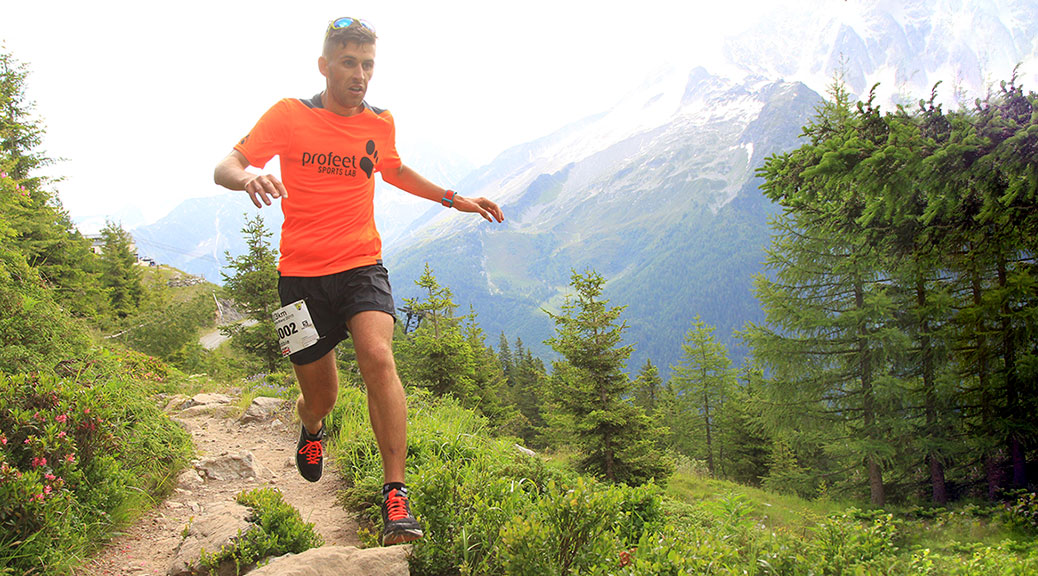Olivia Hubbard: Share some of your race recovery tips.
- Eat something with protein and carbs in there to replenish your glycogen stores and repair the muscle you’ve damaged.
- Don’t rush back after a race.
- Do stuff that gets the blood flowing a little to aid recovery, like gentle cycling or swimming.
OH: Who are your sporting heroes?
RB: Mark Cavendish (British professional road racing cyclist) or Emil Zátopek (long-distance runner best known for winning three gold medals at the 1952 Summer Olympics in Helsinki), for very different reasons. Mark is a true endurance athlete who can still smash out an amazing sprint at the end of the day and he knows when he is the best in the world and isn’t afraid to show it. Many see him as cocky but he’s just confident. Emil Zátopek has so many great stories but my favourite isn’t about running but when he hid his Olympic medal in Ron Clarke’s suitcase because he deserved it. Seen as an instigator of interval training and multiple Olympic champions, I’ve got a picture of him in the living room.
OH: Quite simply, why do you do it?
RB: Try it and see. The closest I get to discovering my own potential, the more joy I take from it. The nearer I am to personal destruction, the happier it makes me. Strange, eh?
OH: What’s coming up?
RB: Next for me is the Ice Ultra in Arctic Sweden: 230km across snow, ice and mountains. Should be good fun. I’m ignoring my own advice of not rushing recovery by doing a 74km cross country ski race a few days later, still in Sweden, but it seemed like too good an opportunity to miss.
After that I have the Highland Fling in Scotland, which is the British Trail Running Championships, and I haven’t thought much past that. Well, except for my mate Neil’s stag party in early May. It fits in well with the race calendar, so that will be part of my recovery.
OH: When will you be cutting the mileage off?
RB: I like to have a three-week taper before a big race, cutting down from one last big effort three weekends before and reducing the volume and intensity while maintaining frequency (thanks Nick Anderson for that quote). If I need an extra day off before a race because I feel tired, then I take it.
OH: What’s your PB marathon time?
RB: 2:59. I snuck into the sub-three club on a humid December day in Chennai. I think I’ve gone through quicker in a trail ultra though. It should be about 2:30 if I tried.
Education, education, education
OH: What’s the one piece of educational advice that you live by?
RB: You never learn something from someone who agrees with you. Be prepared to discuss what you know with someone who thinks the opposite. They may be right.
I work with the guys at Profeet in London who have several specialists in biomechanics and running efficiency, so I often consult with them with regards to particular coaching clients and they have always been really helpful.
As for running theory, I’m a firm believer that we have forgotten more than we think we know, especially when it comes to ultra running, where most of our records were set in the 80s and 90s. With this in mind, I am always reading older books about running theory, looking at great runners like Bruce Fordyce, Don Ritchie and Yiannis Kouros, who all have long-standing world records. Currently, I’m looking back at the Coe and Ovett era, reading up on their training, competing and lifestyles to give an insight into the faster end of the spectrum.
Working with Renee McGregor and reading her book Training Food has given me a much greater knowledge of what goes into my body and how important diet and nutrition is. It’s not just about eating the right things, but at the right times and in the right amounts for who you are and what you are doing. My training has improved as a bonus and, even though I have been increasing my workload, I haven’t had an injury all year and I think Renee is, in part, to thank for this.
About Robbie
In the last six years, Robbie went from running his first marathon to competing for Great Britain in the 24hr Running Championships and finishing third in the world. Born and bred in the South East of England, Robbie is currently living and training in Chamonix, France and says “apart from this addictive, painful, ridiculous sport I’m in, I’m a pretty normal bloke really. My French is coming along OK, but I still get told off for pronouncing eau incorrectly at checkpoints and never get what I ask for in the butchers.”
Stay tuned for our ultramarathon running blog part two, where we talk to Cambridge-based ultra runner Katie Samuelson, who only needed to turn to her 74-year-old father for inspiration. Our final words of wisdom come from Hackney run club founder, father and short-wearing enthusiast Matthew Jeary, who shares his top tips for making your first tracks to an ultra.
Share your opinions, tips and experiences via our social channels: Twitter: @fitpro_online Facebook: facebook.com/fitproltd
Instagram: @fitpro_ltd







